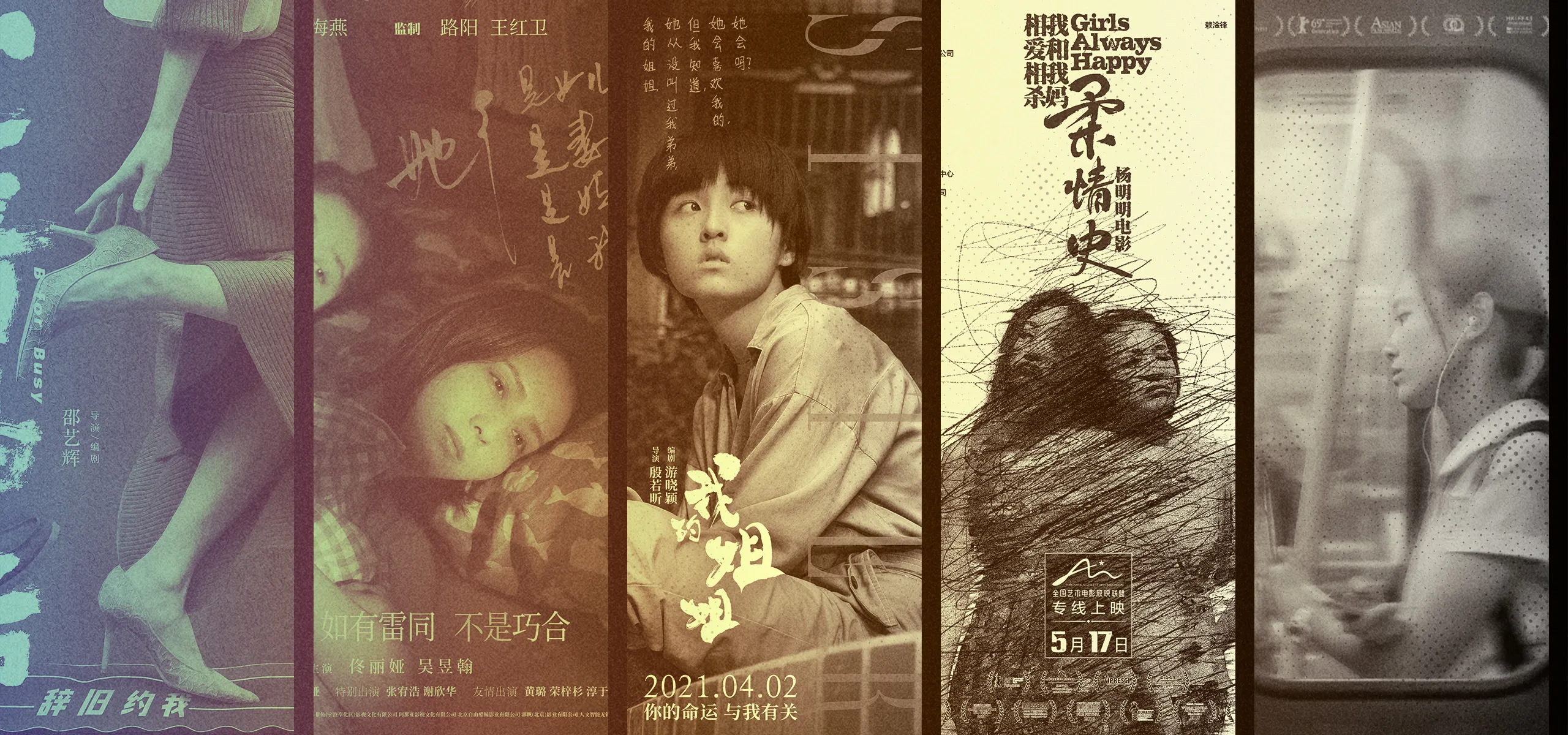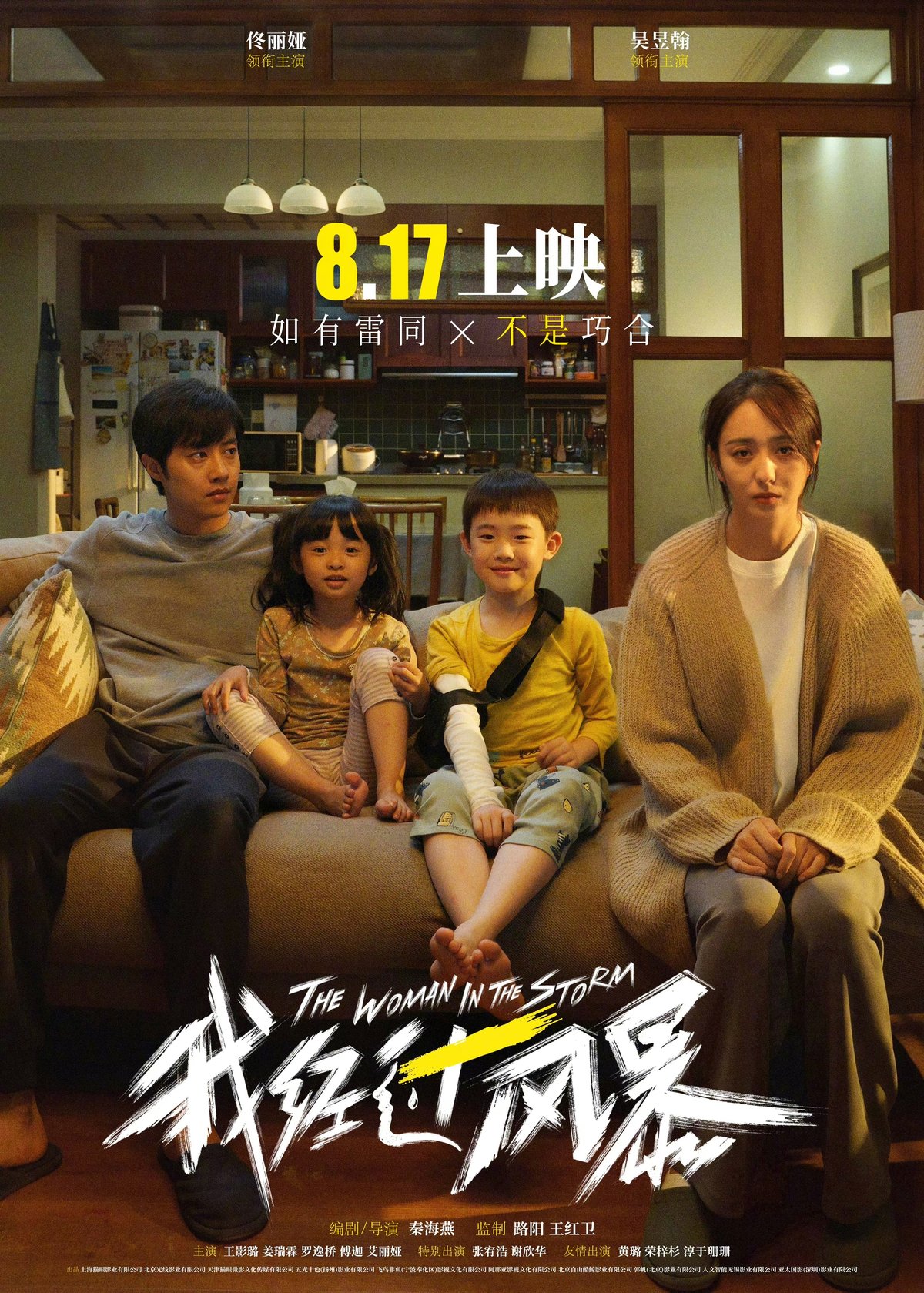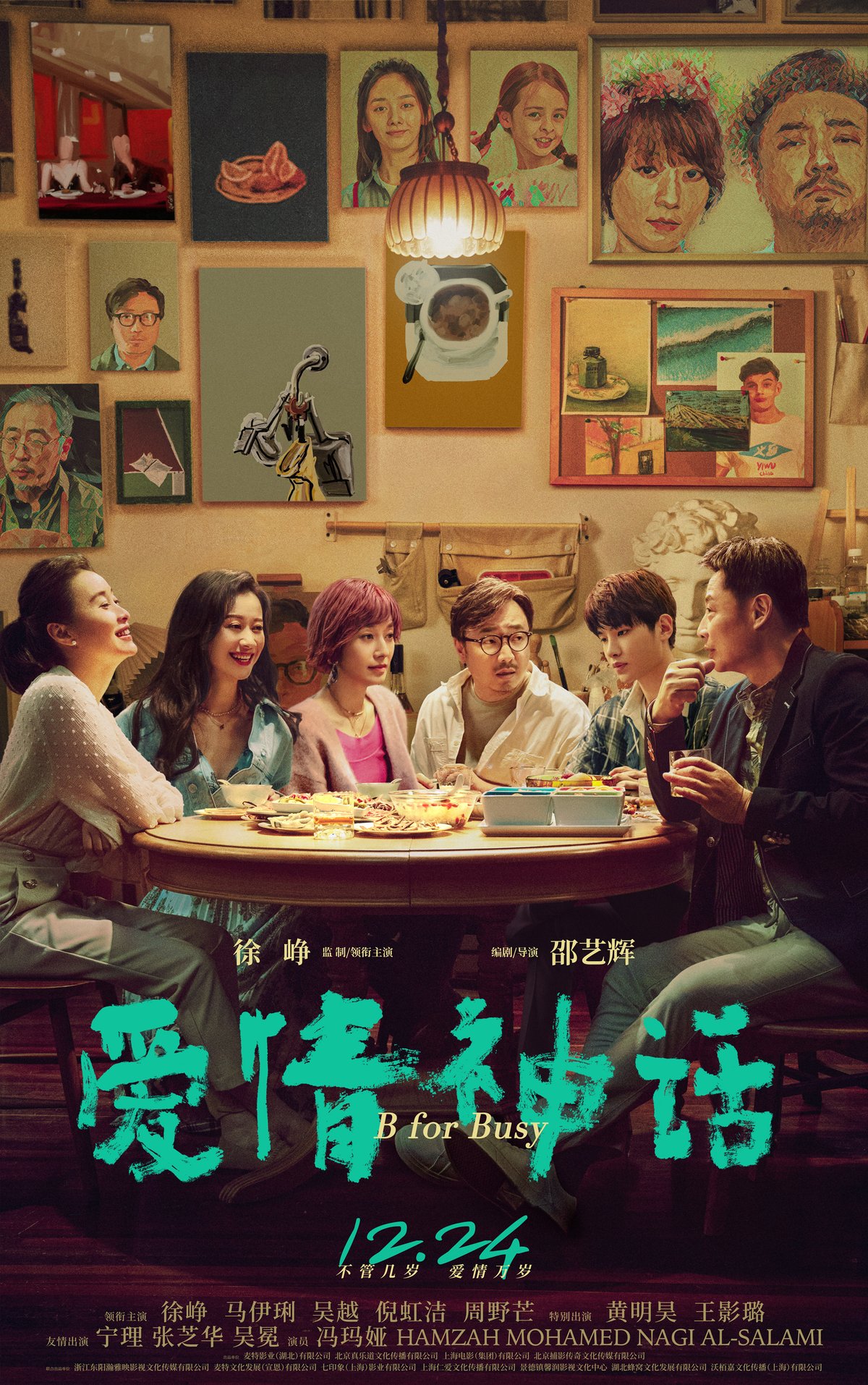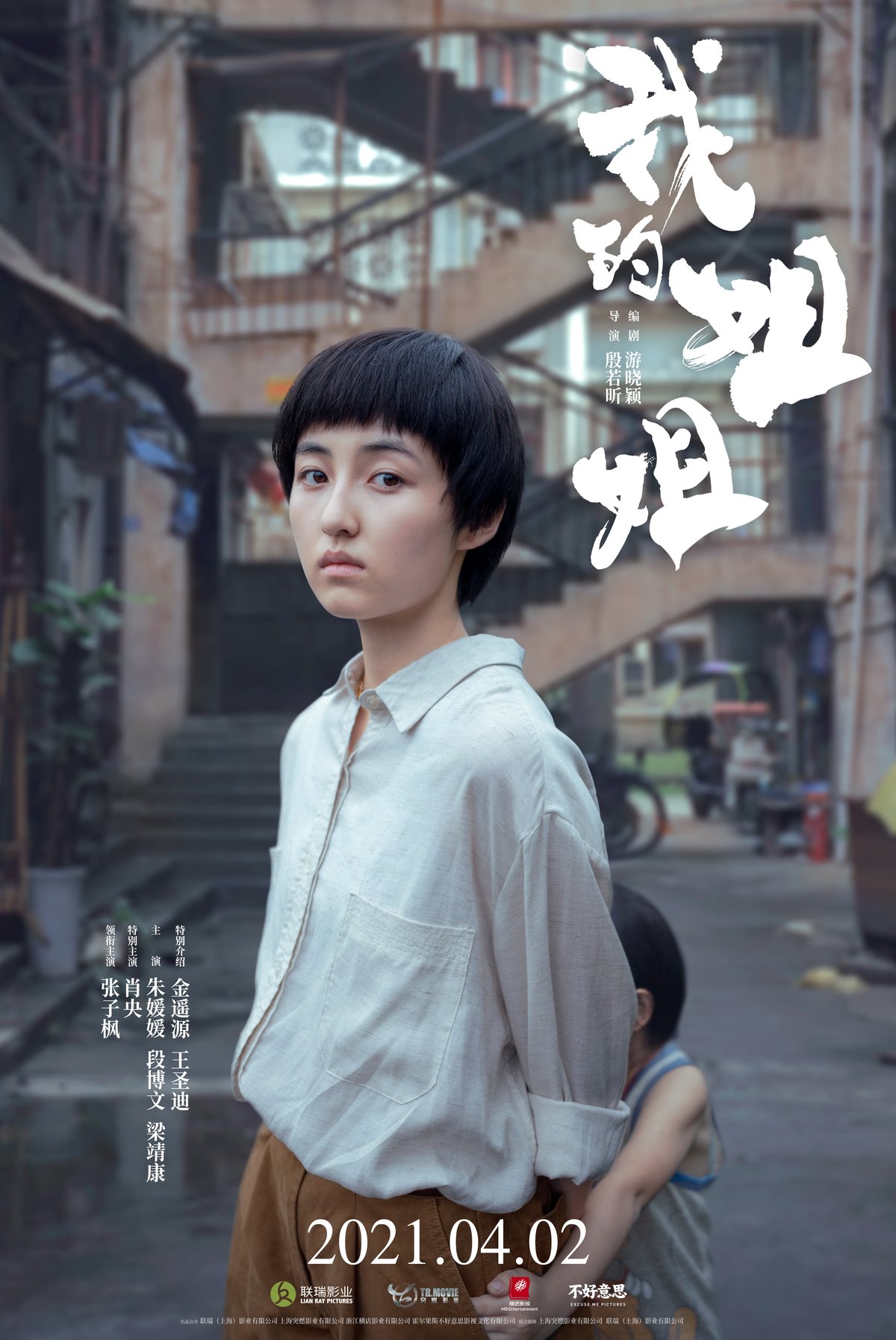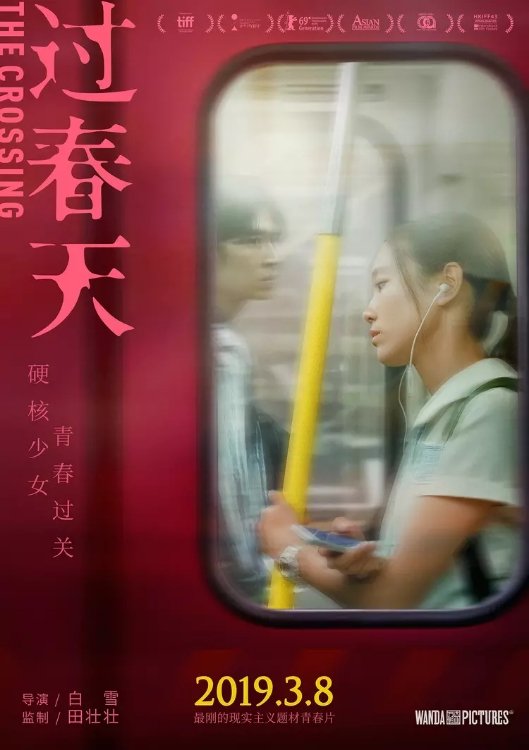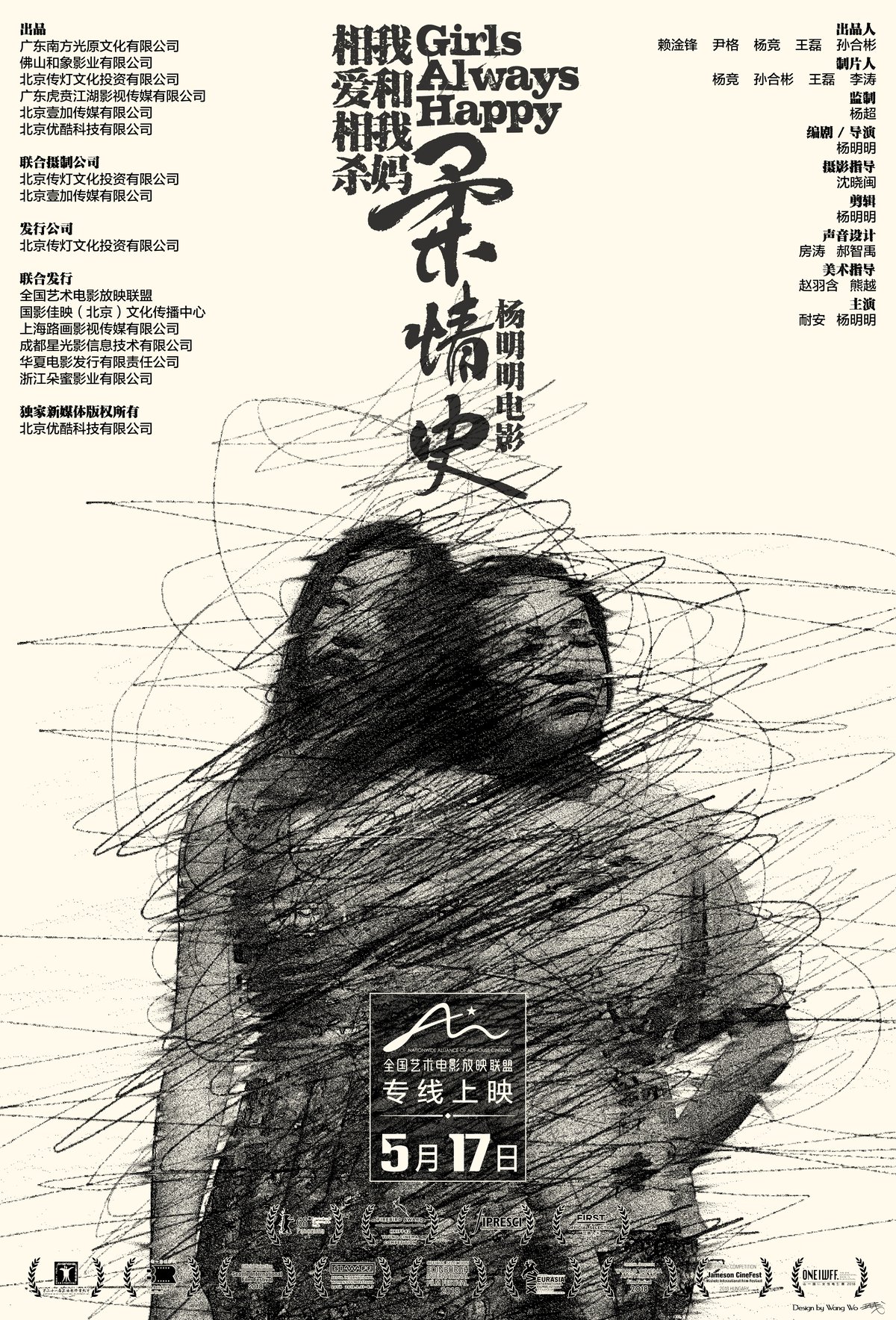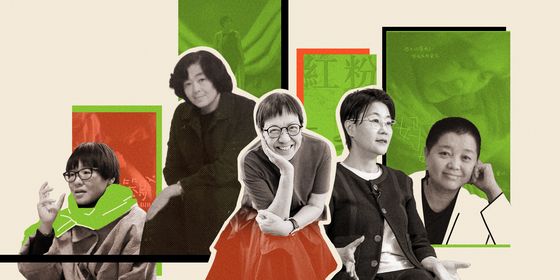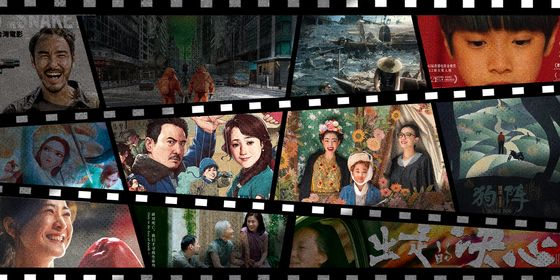Discover five recent female-centered films and the women directors behind them
At the end of March, the China premiere of the award-winning French film Anatomy of a Fall (2023) went viral for the wrong reasons. An audience gathered at Peking University to hear a panel including director Justine Triet discuss the film, which follows the trial of a woman for her husband’s apparent murder, was incensed by two male panelists who hijacked the conversation and rejected the film’s feminist interpretation. A meandering speech by host Chen Ming, a TV personality, was even interrupted by the audience shouting: “Let the director talk!”
The incident drew attention to the dominance of male voices in Chinese academia, film, and other cultural industries. But female-centered films, domestic and foreign, have been gaining popularity recently. Many at Anatomy’s premiere applauded Triet and Professor Dai Jinhua, a scholar of feminism and film studies, for their discussion of the movie’s female perspective. The film, which reveals a couple’s multi-layered relationship and explores gender stereotypes, has scored 8.7 out of 10 on the Chinese review platform Douban.
Domestic women filmmakers are also a growing industry force. Although many Chinese female directors are still early in their careers, their voices have already added diversity and depth to Chinese cinema. Here are five recent female-centered films and the women directors behind them.
The Woman in the Storm 《我经过风暴》(2023), directed by Qin Haiyan
A survey in 2011 revealed almost a quarter of women in China have experienced some form of domestic violence. But the theme remains under-explored on the big screen. The Women in the Storm, the first Chinese mainland film centered on an abused woman, is based on a real-life crime in 2013 when a woman killed her husband after enduring years of abuse.
In the film, the protagonist faces condemnation from the media and public, while her lawyer struggles to gather evidence for the domestic violence. The movie also explores how domestic violence is passed through the family from generation to generation.
After 19 years as a successful scriptwriter, Qin Haiyan’s debut directorial work was inspired by her close friend’s struggle to divorce her abusive husband. The episode made Qin realize that even a highly educated, financially capable woman can be helpless when facing domestic violence. Drawing from over a hundred real cases and interviews with victims, lawyers, and police, the film has raised awareness of the issue across society.
Myth of Love《爱情神话》 (2021) by Shao Yihui
In this atypical urban rom-com set in Shanghai, frustrated artist Laobai (Xu Zheng) becomes involved with three women, each with distinctive personalities: Beibei (Wu Yue), his traditional and opinionated ex-wife; Miss Li (Ma Yili), a career-focused single mother; and Gloria (Ni Hongjie), the rich and charming woman estranged from her husband. But instead of competing for the love of Laobai, the three women bond over their womanhood.
Fans have praised the movie for its wit and counter-stereotypical depiction of women. Beibei defends her infidelity by saying: “I just made a mistake that any man in the world could have made.” This is a repeat of an infamous line by movie star Jackie Chan who admitted to an extramarital affair in 1999.
Myth is the first feature-length movie by Shao Yihui. Born in the 1990s, Shao lived in a traditional Shanghai alley for six years after graduating from the Beijing Film Academy, an experience that inspired the movie. The pitch was picked up by studios at the FIRST Film Festival in 2020. Shao is currently working on her second film, Herstory, scheduled for release in 2025. The film will continue to explore themes of modern love and womanhood.
Sister《我的姐姐》 (2021) by Yin Ruoxin
When 24-year-old An Ran (Zhang Zifeng) loses her parents in a traffic accident, she is left to care for her 6-year-old brother. However, her parents neglected her for years, disappointed that she wasn’t a boy. Now, becoming her brother’s guardian would mean sacrificing her career and relationship for the child who monopolized her parents’ love.
This family dynamic struck a chord with many female audiences who had the same experience growing up in a culture that still values sons over daughters—over 80 percent of audiences in the cinema were women. Sister was a surprise hit, gaining over 800 million yuan at the box office. On the review platform Douban, one viewer under the handle “conghuasiyue” praised the film: “Only female filmmakers will choose such sharp and realistic topics which so accurately express women’s pain…In the age of self-fulfillment, women are still stuck between the eternal dilemma of individual identity and family.” Sister is the second film by director Yin Ruoxin, who won Best New Director at the Asian Film Awards in 2021.
The Crossing《过春天》 (2019) by Bai Xue
Peipei (Huang Yao), a 16-year-old high school student, is trapped between two worlds: she goes to school with rich peers in Hong Kong by day and then returns home to a tiny apartment she shares with her single mother in the Chinese mainland city of Shenzhen.
Born out of a marriage, Peipei occasionally picks up an allowance from her distant father, a Hong Kong truck driver with his own family. During her commute through customs on the Shenzhen-Hong Kong border, she stumbles across an iPhone smuggling gang who take her in and give her a much-needed sense of belonging. She falls for a young man in the gang and is pulled deeper into the crime.
Director Bai Xue graduated from the Beijing Film Academy in 2007 and talked about the lack of opportunities she found in the film industry at that time. Over the next decade, Bai got married and had a child, all while writing scripts. She says a happy family life has nurtured her creativity. “I can both make dumplings and shoot a film,” she told Duyao, a film review public WeChat account in 2019. The Crossing was nominated for Best First Feature at the 2019 Berlin International Film Festival.
Girls Always Happy《柔情史》 (2018) by Yang Mingming
After gaining some prominence with her biographical mockumentary short film Female Directors in 2012, Yang Mingming explored a love-hate mother-daughter relationship in her 2018 feature-length movie Girls Always Happy, which she wrote, directed, and starred in.
Freelancing scriptwriter Xiaowu (Yang Mingming) and her widowed mother (Nai An) frequently quarrel over living habits and life choices. Their conflict escalates as they each face failures and frustrations in their personal lives. Xiaowu’s widowed mother is far from an idealized and stereotypical figure of tender love and sacrifice, instead, she is complex, controlling, and driven to paranoia by her insecurities. There is deep love between the mother and daughter, but they can also inflict terrible pain on each other. In 2018, the movie was nominated for the Best First Feature Award at the Berlin International Film Festival.





